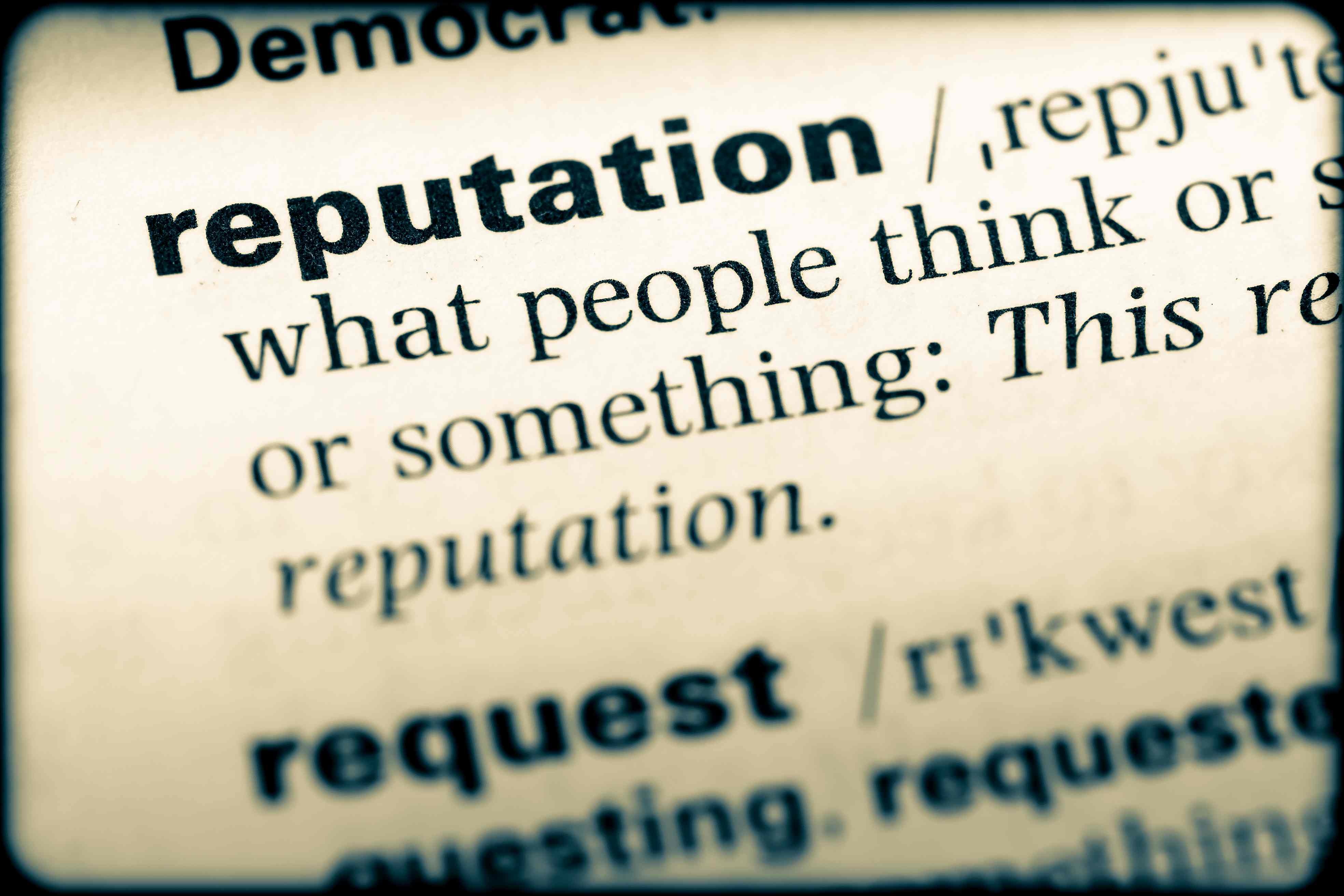If you’ve spent any time at all in the business industry, you understand the importance of small business branding. More than ever before, the idea of creating an identity for your business is the one thing separating good entrepreneurs from great ones.
Why should your small business care about branding? Because powerful branding creates trust, improves recognition, inspires employees, and generates new customers.
The concept of branding tends to be a bit vague, which is why so many small businesses either get it wrong, or avoid it all together. However, an influential brand has the ability to add infinite value to a company as a whole, and should therefore be deemed a higher priority.
What Is Small Business Branding? 
A brand is more than a logo or a slogan, it is the thing that sticks in peoples’ minds when they think about your business. Let’s reflect for a second on companies whose brand identities are on point. Coca Cola, for instance, is recognizable across the globe. When you see that white spiral script across a bright red background, your mind can’t help but think of popping open that cold, sweet, fizzy drink. Why? Because Coca Cola has created a brand identity so strong that consumers are more loyal to the brand than they are to the product.
For investors, defining your real estate brand identity is likely to be a long journey filled with a lot of trial and error. You will have to start by asking questions: what is your mission, what are the biggest benefits of your product or service, and what attributes do you want associated with your business? Once you’ve researched your local market and targeted the needs, habits, and desires of your current and potential customers, you will be ready to make solid decisions about your brand.
Depending on your industry, small business branding comes down to three factors:
- Logo: Creating the logo for your company should not be a matter taken lightly. Your logo should be simple enough to remember, but complex enough to represent the best qualities of your business.
- Packaging: Your business logo is one thing, but the way you decide to package your product should be equally as important. The packaging of your product is like a first impression you will make. You want it to be unambiguous and memorable.
- Customization: Customization is vital to consumer loyalty. Clients want to feel special and, therefore, appreciate a personalized experience. If a customer has used your product or service in the past – and perhaps had specific needs or demands – he or she will expect those stipulations to be remembered.
Ultimately, your brand is what separates you from your competition, all the while being able to tell consumers what they can expect from your company.
What Is The Value Of Small Business Branding 
The value that a strong brand identity can bring to your small business is nearly infinite. Once you’ve created a powerful brand, you’ve done a majority of the grunt work and can, therefore, sit back, relax, and watch your regular customers become brand loyalists.
Not only does a well-devised brand identity create customer loyalty, it also creates potential customer awareness. In other words, when individuals who have yet to try your product or service are in a place to buy, your brand needs to stand out enough so that they choose you over the competition. Because there are so many choices for every product and service in today’s business world, your brand, over your product, is the thing that must entice prospective buyers.
Is there a monetary value to small business branding? In a word, yes; branding is arguably more valuable than your company’s product or service itself. Your product or service may have been the thing that started your business, but the branding is what gives it value. Sometimes this value reveals itself in perceived equity. Coca Cola is again a great example of perceived equity. When you walk down the soda aisle at the supermarket and contemplate whether or not you want to buy Coca Cola versus the generic label, chances are, you’ll choose Coca Cola because you are familiar with the brand. The ingredients in both sodas are likely identical – and the generic soda is always cheaper – but nine times out of 10, you will pick Coke. This is because Coca Cola has created such a strong brand identity, that consumers are willing to pay more because they associate quality with Coke.
Small businesses often assume that spending money to develop a professional brand is money wasted, but that could not be any less true. Creating a logo, for example, is a difficult task for those with no design background. However, your logo is one of the most significant facets of your brand identity. If your company prides itself high quality materials or on a scrutinizing attention to detail but your logo shows off a lack of attention to detail, you are sending a conflicting message to your prospective clients.
Overall, your goal should be to view your brand strategy as a movement. Something that is creative and relevant enough to get people talking while still being traditional and sophisticated enough to withstand the test of time. You want to build a unique identity that communicates your company’s values and creates an emotional connection with consumers so that they want to continue utilizing your business.
If you still aren’t convinced that small business branding is the key to success, it is time to re-evaluate your priorities.
